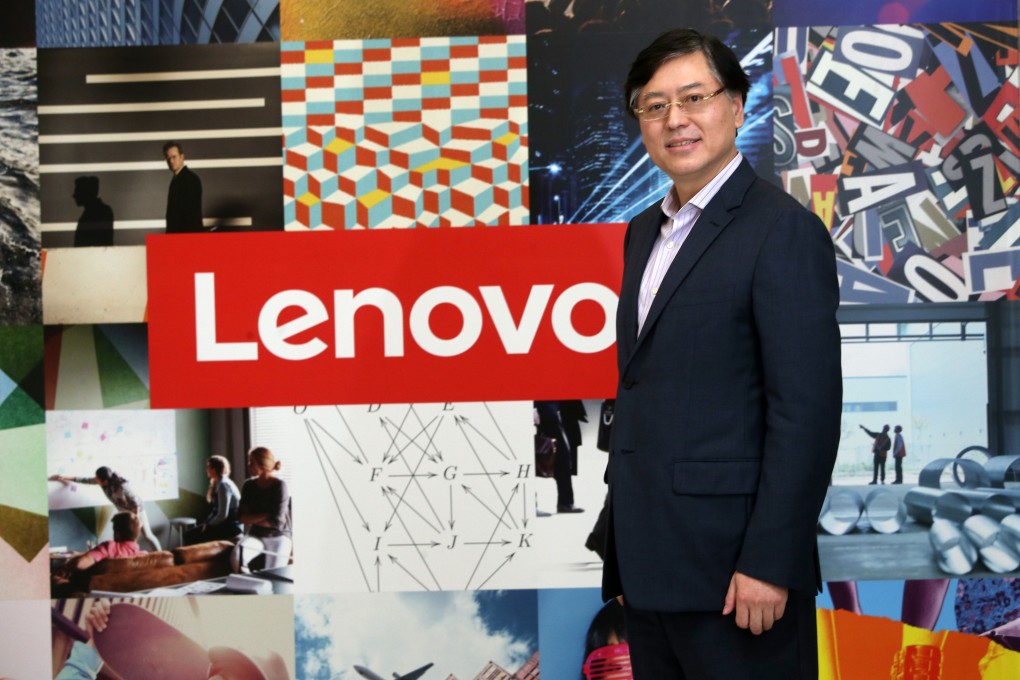Advertisement
Chinese tech giant Lenovo doubles down on AI after world’s largest PC maker posts first quarterly revenue growth since late 2022
- The Beijing-based tech giant’s revenue rose 3 per cent year on year to a better-than-expected US$15.7 billion in the December quarter
- The company is expected to unveil its latest portfolio of artificial intelligence devices and infrastructure solutions at trade show MWC Barcelona
Reading Time:3 minutes
Why you can trust SCMP
1

Lenovo Group, the world’s largest personal computer (PC) maker, said it is doubling down on various artificial intelligence (AI) initiatives, including new computing devices and services that support the technology, after reporting a 3 per cent year-on-year increase in revenue in the December quarter.
Advertisement
The Beijing-based tech giant on Thursday said its revenue reached a better-than-expected US$15.7 billion, up from US$15.2 billion in the same period last year and ahead of analysts’ US$15.4 billion average forecast, amid a recovery in global demand to halt the company’s string of quarterly sales decline since late 2022.
Net income attributable to shareholders fell 23 per cent to US$337 million, which was down from US$437 million a year ago and below analysts’ average estimate of US$309 million.
“Looking ahead, our commitment to AI innovation, our pocket-to-cloud computing capabilities, full stack portfolio of smart devices, smart infrastructure, smart solutions and services, combined with our partnerships with other key leaders in AI, will ensure that we are well-positioned to capture the tremendous opportunities in AI,” Lenovo chairman and chief executive Yang Yuanqing said in the company’s earnings webcast on Thursday.

Lenovo’s sharpened focus on AI reflects efforts in the global PC industry to integrate the technology into their products and services, responding to a projected shift in demand to machines that can run generative AI tasks locally.
Advertisement
That trend is expected to stimulate another industry refresh cycle, as users require devices designed for more creativity and productivity, according to Yang.

Advertisement